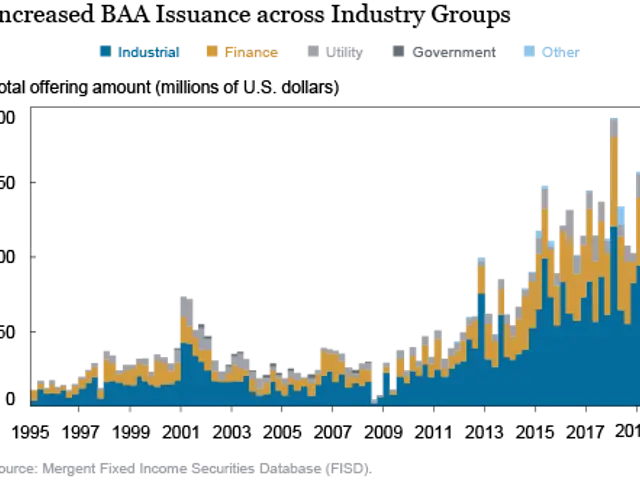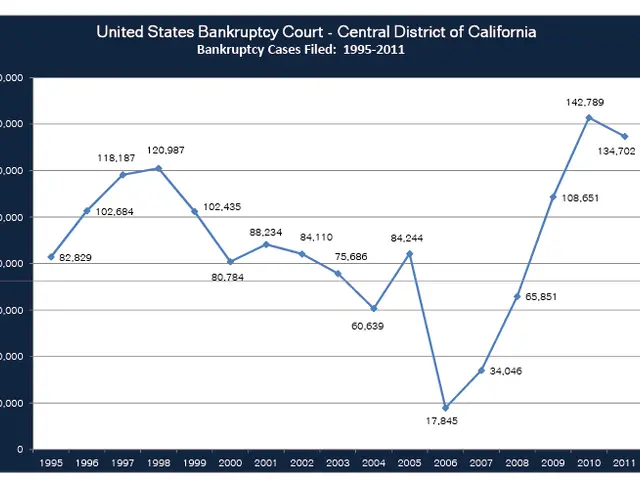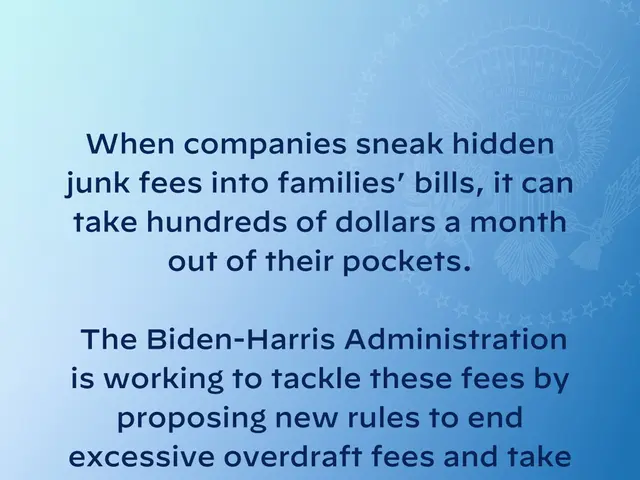Russia's Central Bank Tightens BNPL Rules, Bans Offshore Ownership
The Central Bank of Russia (CB) has announced a significant regulatory move to enhance transparency in the Buy Now, Pay Later (BNPL) sector. The CB plans to establish a list of 38 states and territories where legal entities holding more than 10% of shares in a BNPL service provider cannot be registered.
The regulation, set to come into force alongside the law 'On the Activity of Providing an Installment Plan Service' no earlier than April 1, 2026, aims to extend traditional control mechanisms for credit organization owners to BNPL operators. This move is designed to increase transparency and oversight in the rapidly growing BNPL market.
The initial list, which will be finalized to include 38 states and territories, comprises the Bahamas, Bermuda, the British Virgin Islands, Liechtenstein, Mauritius, Monaco, Saint Kitts and Nevis, and the Seychelles. Notably, the restriction applies not only to entities owning more than 10% but also to those owning less if they are part of a group that collectively owns more than 10% of the operator.
Installment plan service operators will be required to provide the CB with detailed information about their shareholders and influencers within ten working days after notification.
The CB's decision to regulate BNPL operators more closely aligns with traditional credit organizations, promoting transparency and accountability. The list of restricted jurisdictions and the information disclosure requirement are set to reshape the Russian BNPL landscape, effective from April 1, 2026, at the latest.
Read also:
- Shuwaikh Beach Cleanliness Plan Launched, 600+ Bags of Garbage Removed
- Next Gen GST Drives Indian Auto Sales to Record Highs During Festive Season
- Elliott vs. Stronghold: Hedge Fund Alleges Improper Expense Overcharging in Legal Battle
- Dutch Designer Niels van Roij Unveils 'Henry II', a Bespoke 1981 Rolls-Royce Corniche







